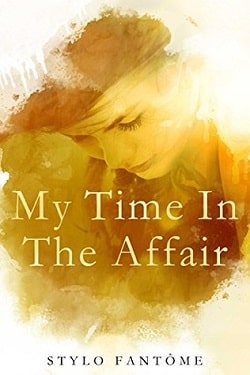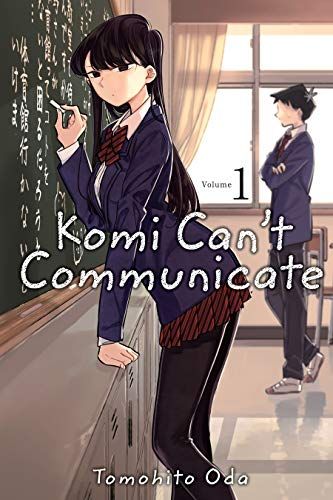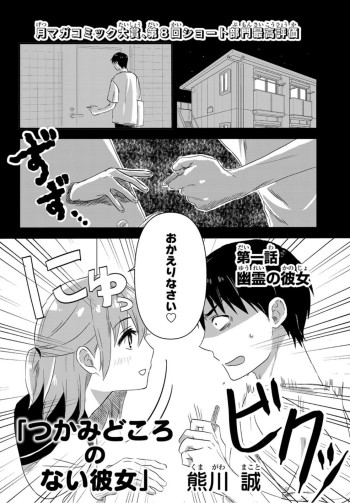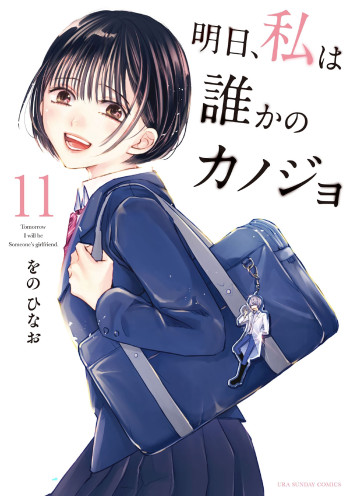Summary

My Time in the Affair
by Stylo Fantome
~Mischa~
I made a conscious decision to cheat on my husband.
Now, before you judge me, hear my story. Hear how much I'm like you, how similar my thoughts are to your own. Yes, I'm a horrible person. Yes, I've done horrible things. Yes, I don't deserve forgiveness. Yes, bad things happened because of my actions.
But I'm willing to bet I've done things that maybe, just maybe, you have thought of doing.
Maybe, just maybe, you're not as innocent as you'd like to think.
Or maybe I'm not so guilty ...
Full Length Standalone Novel, 85,000+ words
.
Read
My Time in the Affair on http://kissnovel.net
Martial Peak Reviews
My Time in the Affair by Stylo Fantome is a provocative exploration of infidelity, morality, and the complexities of human desire. From the outset, the protagonist, Mischa, invites readers into her tumultuous world with a raw honesty that is both disarming and thought-provoking. The blurb sets the stage for a narrative that challenges societal norms and personal ethics, urging readers to confront their own judgments about right and wrong.
Mischa's journey begins with a conscious decision to cheat on her husband, a choice that she does not take lightly. What makes this story compelling is how Fantome crafts Mischa's character, allowing her to be both relatable and deeply flawed. Mischa's internal monologue is rich with self-reflection, revealing her vulnerabilities and the motivations behind her actions. She acknowledges her guilt and the consequences of her choices, yet she also poses a question that resonates with many: how innocent are we really in our thoughts and desires?
The theme of morality runs deep throughout the narrative. Fantome does not shy away from the darker aspects of human nature; instead, she embraces them, presenting a character who grapples with her own sense of self-worth and the societal labels placed upon her. Mischa's affair is not just a physical act; it serves as a catalyst for her to explore her identity beyond the confines of her marriage. This exploration raises important questions about the nature of love, commitment, and the often-unspoken desires that lie beneath the surface of seemingly stable relationships.
Character development is a strong suit in this novel. Mischa evolves from a woman who feels trapped in her marriage to someone who seeks to reclaim her autonomy. The affair becomes a means of self-discovery, albeit through a morally ambiguous lens. Fantome skillfully juxtaposes Mischa's internal conflict with the external repercussions of her actions, creating a tension that keeps readers engaged. The supporting characters, including Mischa's husband and her lover, are well-developed and serve to highlight different facets of her personality and the choices she makes. Each character adds depth to the narrative, forcing Mischa—and the reader—to confront the complexities of love and betrayal.
Fantome's writing style is both engaging and evocative. She employs a conversational tone that draws readers in, making them feel as if they are privy to Mischa's innermost thoughts. The prose is laced with emotional intensity, allowing readers to experience Mischa's highs and lows alongside her. The pacing of the story is well-balanced, with moments of tension interspersed with quieter reflections that allow for character introspection. This rhythm enhances the overall impact of the narrative, making it a gripping read.
One of the most striking aspects of My Time in the Affair is its ability to provoke thought and discussion. The novel challenges readers to examine their own beliefs about fidelity, love, and the human condition. It raises the question of whether we can truly judge others for their choices when we ourselves harbor similar thoughts or desires. This moral ambiguity is what sets Fantome's work apart from other contemporary romance novels that often present a more black-and-white view of relationships.
In comparison to other works that tackle themes of infidelity, such as Gone Girl by Gillian Flynn or The End of the Affair by Graham Greene, Fantome's approach is refreshingly candid. While Flynn's narrative delves into psychological manipulation and Greene's explores the spiritual ramifications of love and loss, Fantome focuses on the personal journey of a woman reclaiming her identity through her choices. This focus on self-exploration rather than external conflict makes My Time in the Affair a unique addition to the genre.
Overall, My Time in the Affair is a compelling and thought-provoking read that challenges readers to confront their own moral compass. Stylo Fantome has crafted a narrative that is not only engaging but also deeply reflective of the complexities of human relationships. Mischa's story is one of self-discovery, guilt, and the search for forgiveness—both from others and oneself. It is a reminder that our choices, however flawed, can lead to profound personal revelations.
For those who enjoy stories that delve into the intricacies of love and betrayal, this novel is a must-read. It invites readers to reflect on their own experiences and beliefs, making it a powerful addition to contemporary literature.




![When a Villain Meets a Villainess [StanRofanScans]](/upload/pic/manga/when-a-villain-meets-a-villainess--stanrofanscans-.jpg)



















Reviews 0
Post a Reviews: